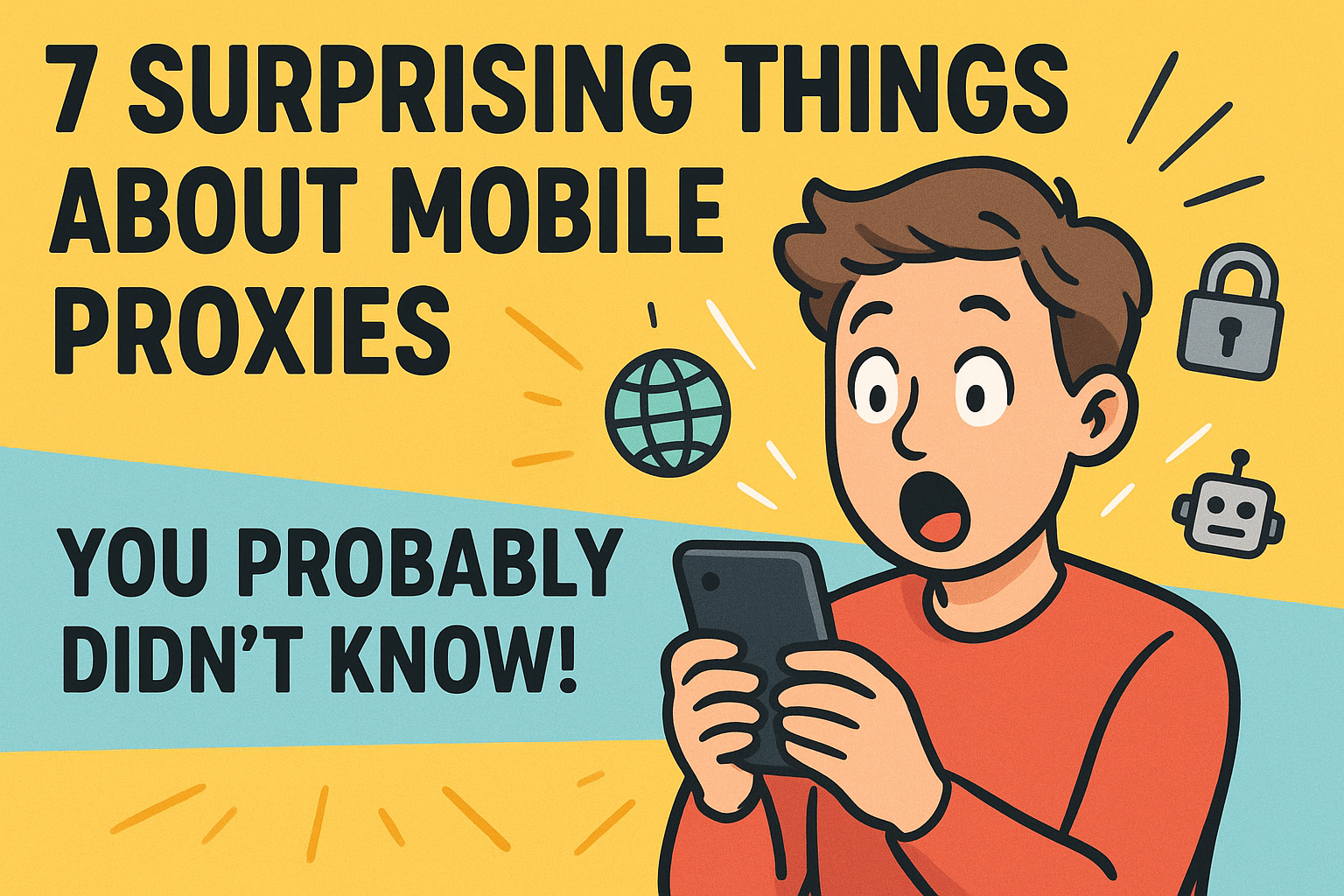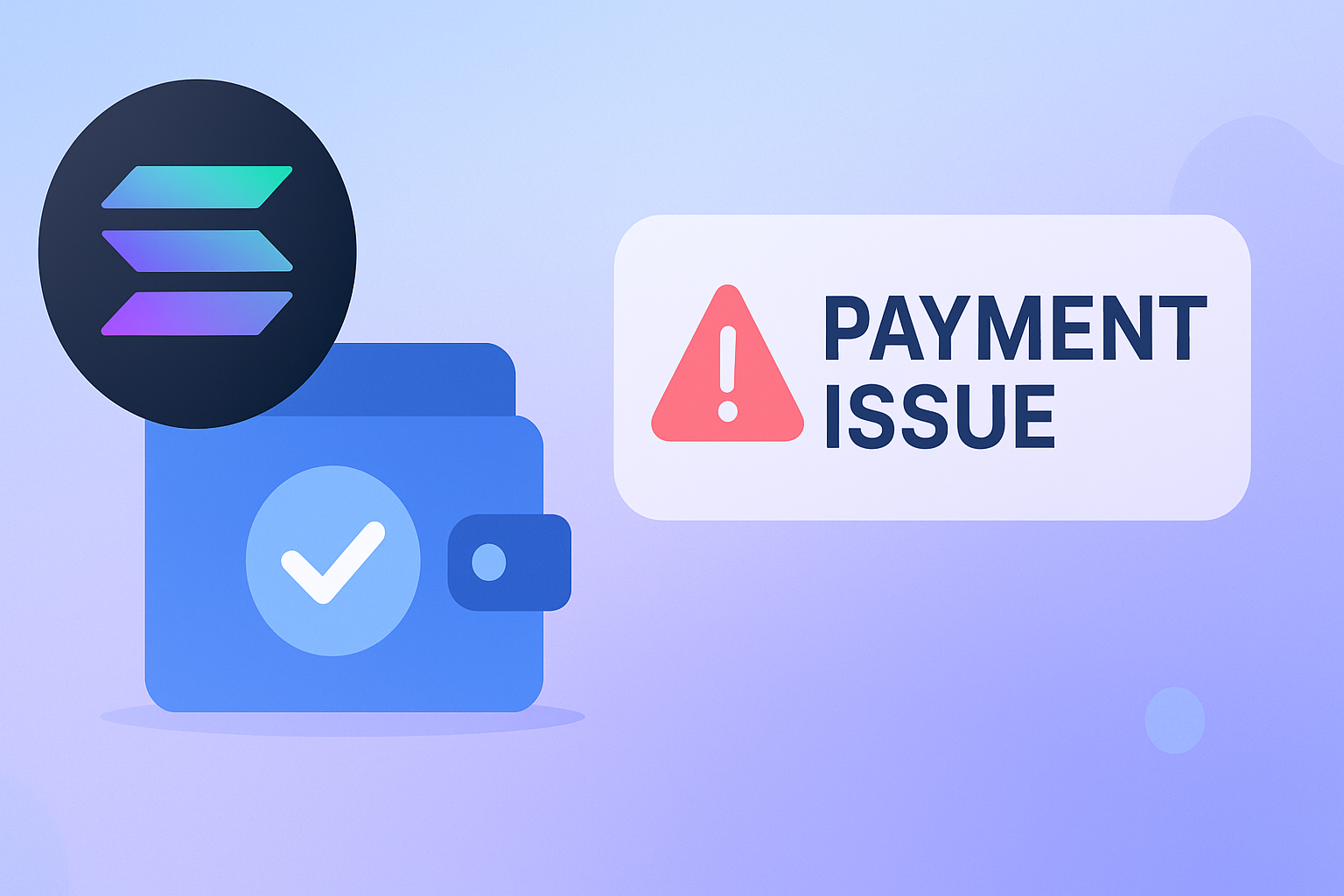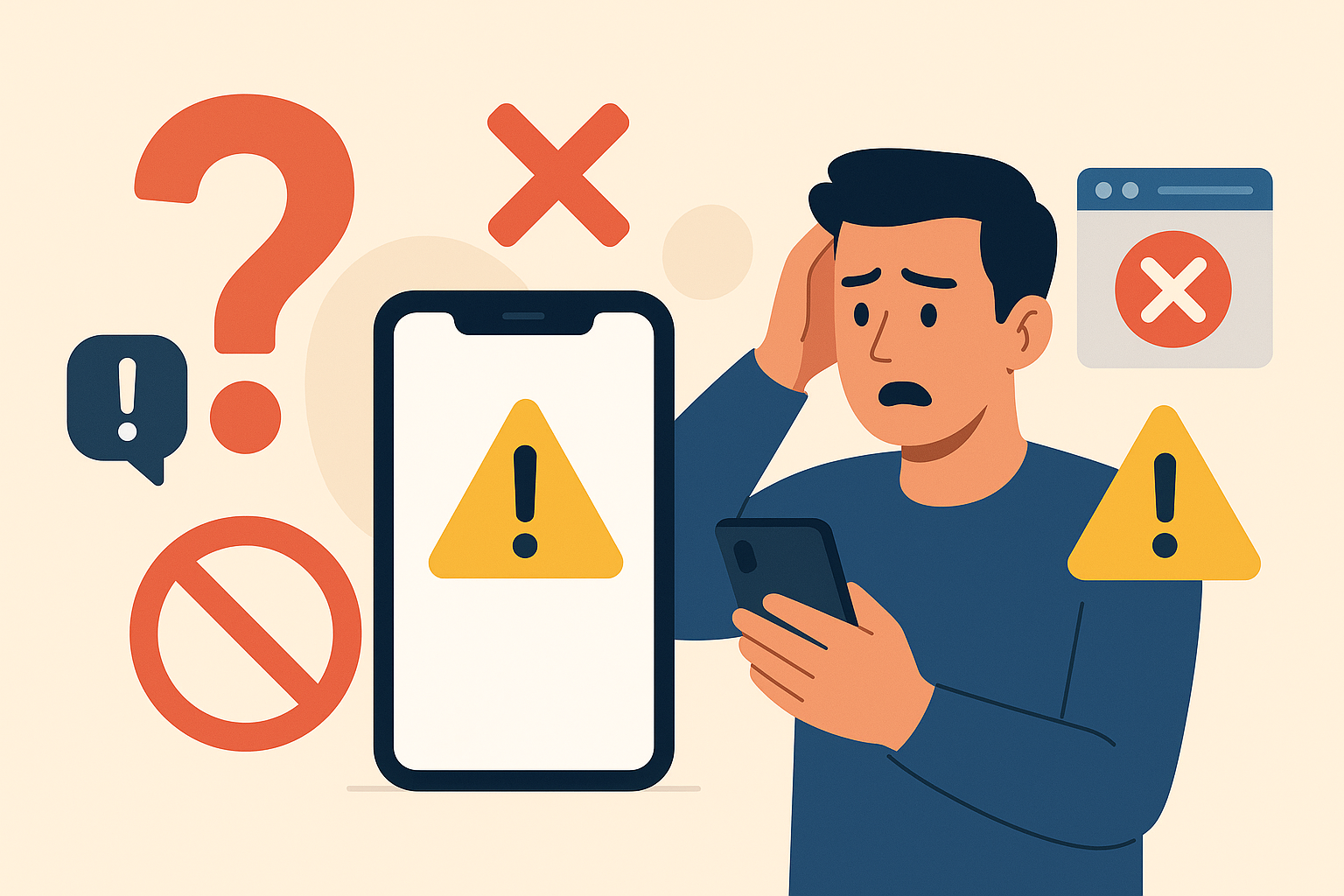If you’ve ever explored ways to enhance your online privacy or access restricted content, you’ve probably stumbled upon proxies and VPNs (Virtual Private Networks). Both tools can help you mask your IP address, but they work differently and serve distinct purposes. Let’s dive into what each one does, their benefits, and help you decide which one might be the best fit for your needs.
What is a Proxy?
A proxy is a fantastic tool that acts as an intermediary between your device and the internet. When you connect to a website through a proxy, your request goes through the proxy server first. The proxy then forwards your request to the website, which only sees the proxy server’s IP address—keeping your IP hidden.
Types of Proxies:
- HTTP Proxy: Great for web traffic. It’s ideal for accessing websites and handling simple browsing tasks. Perfect for when you need to navigate around geo-blocks or scrape data quickly.
- SOCKS Proxy: More versatile than HTTP proxies, SOCKS can handle all kinds of traffic, not just web browsing. This makes them a good choice for downloading torrents or using other protocols.
- Transparent Proxy: This type doesn’t hide your IP but can be useful in certain environments like schools or workplaces, where monitoring is needed.
If you want to see the difference between SOCKS and HTTP proxy, head here.
Why Use a Proxy?
- Speed and Efficiency: Proxies are often faster than VPNs because they don’t encrypt your data. This makes them perfect for quick tasks like web browsing or streaming.
- Simplicity: Setting up a proxy is straightforward. You can easily configure it in your browser or app, allowing for quick access without much hassle.
- Anonymity for Specific Tasks: Proxies can provide anonymity for specific applications or browsing sessions, making them great for targeted tasks without the overhead of full encryption.
What About a VPN?
A VPN, on the other hand, offers a more robust solution. It encrypts all of your internet traffic, creating a secure tunnel between your device and the VPN server. This means that everything you do online is protected, not just your web browsing.
How a VPN Works:
- Encryption: VPNs use strong encryption protocols, ensuring that your data remains secure from prying eyes.
- IP Address Masking: Just like proxies, VPNs mask your real IP address, but they do this for all online activities, not just specific applications.
- Comprehensive Protection: A VPN secures all your internet traffic, whether you’re using a browser, app, or any other online service.
Benefits of Using a VPN:
- Full Traffic Encryption: Everything you do online is protected from hackers, ISPs, and even government surveillance.
- Access to Geo-blocked Content: VPNs allow you to bypass geo-restrictions, giving you access to shows, games, and websites that may be blocked in your region.
- Enhanced Privacy: With a VPN, your online activities are much harder to track, offering peace of mind for sensitive tasks.
Which One Should You Choose?
-
Use a Proxy if: You’re looking for a quick and efficient way to hide your IP for specific tasks, like accessing blocked content or scraping websites. Proxies are particularly useful when speed is a priority, and you don’t require encryption for your activities.
-
Use a VPN if: You want full protection for all your online activities. If privacy and security are your main concerns—whether you’re browsing, streaming, or downloading—a VPN is the way to go.
Conclusion
Both proxies and VPNs can enhance your online privacy, but they serve different purposes. Proxies are great for quick, targeted tasks, offering speed and simplicity. They allow you to hide your IP without the added complexity of encryption. On the other hand, VPNs provide a comprehensive security solution for all your online activities.
Ultimately, your choice depends on what you need: if you want fast and efficient access for specific tasks, a proxy could be your best bet. But if you’re serious about keeping all your online actions secure and private, investing in a VPN is a wise decision.





